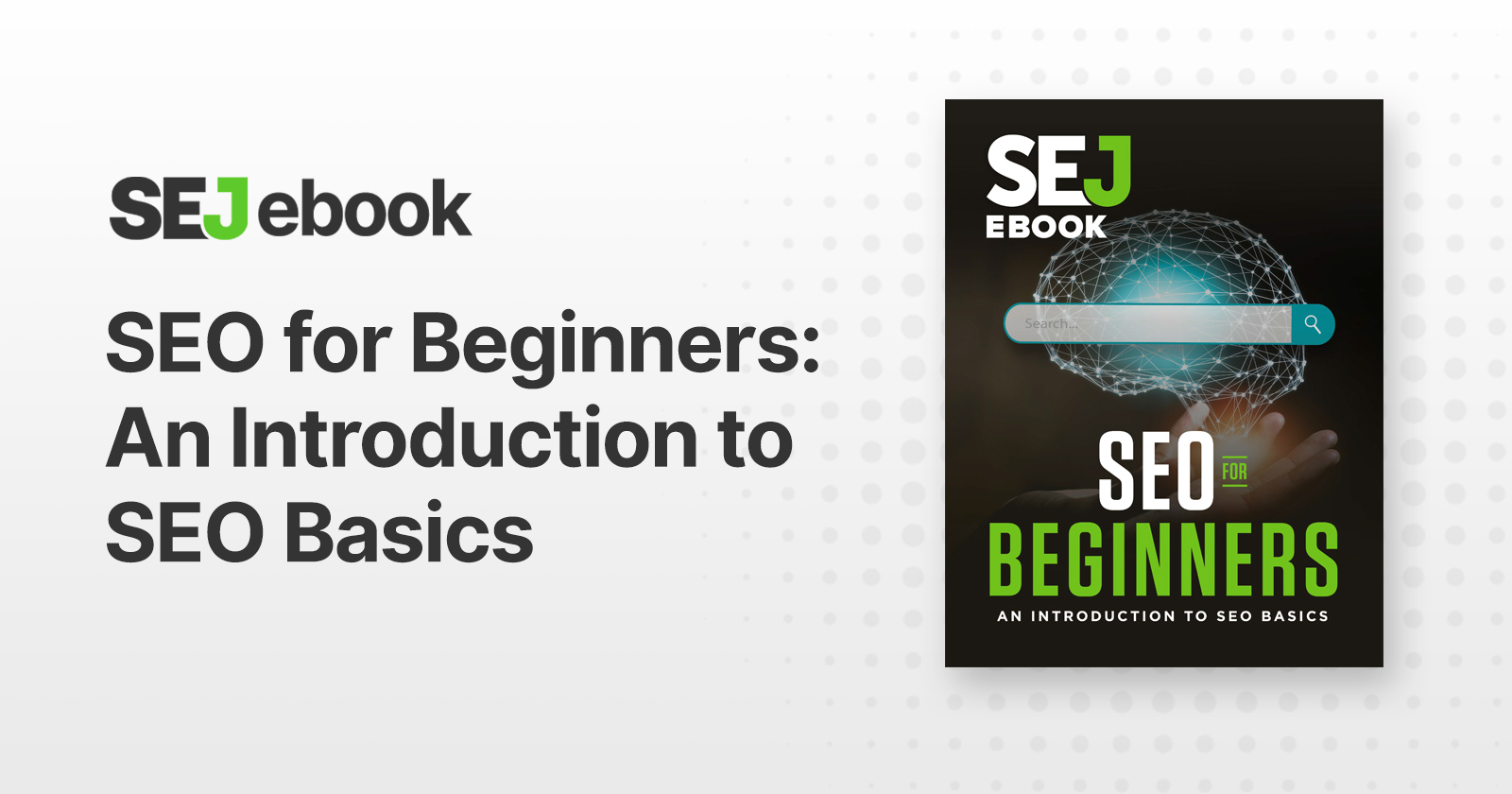Understanding The Basics Of SEO: An Introduction
Search engine optimization (SEO) is a powerful tool that can be used to increase visibility and traffic to any website or online platform. Although SEO can seem intimidating and complicated, understanding the basics of this process is essential for anyone looking to maximize their online presence. In this article, readers will gain an introduction to the fundamentals of SEO, including how search engines work and tips for getting started with developing a successful SEO strategy.
Indexing & Crawling
Indexing and crawling are essential technical concepts in SEO. Crawling is the process by which search engines navigate through your website, following links to discover new pages to index. Once a page is crawled, it is indexed so that it can be displayed on SERPs (Search Engine Results Pages). Indexing enables search engines to store and organize web content effectively, making it easier for users to find what they need.
To ensure that your website is adequately indexed and crawled, you need to take specific measures. For instance, make sure that your robots.txt file does not block crawlers from accessing critical pages on your site. Additionally, remove any duplicate content that may prevent crawlers from indexing your pages correctly. You should also optimize your URLs so that they are easy for crawlers to understand.
On-Page Factors
When it comes to on-page SEO, content and structure are two critical factors that determine the overall success of a website. The quality and relevance of the content must be top-notch to get the visitors interested and engaged. For instance, using headlines in a structured manner can engage users right from the start by providing them with an overview of what the page is about.
Additionally, relevant keywords need to be included within the content for search engines to understand what your web pages are all about. However, it’s essential not to overuse them as Google penalizes websites that use too many keywords unnaturally. Furthermore, internal linking should also be utilized throughout your site
as it helps both users and search engine crawlers navigate through your pages easily.
In terms of structure, having a clean and organized layout makes it easier for search engines to crawl through your site. It’s crucial to have an easy-to-use navigation system so that visitors can find what they’re looking for quickly without getting frustrated. A well-structured site map can help create this experience by laying out all pages in a hierarchical manner while ensuring there are no broken links or errors that could lead users elsewhere or harm SEO performance.
Off-Page Factors
Backlinks are one of the most important off-page factors that can have a significant impact on your website’s ranking. A backlink is essentially a link from one website to another. The more high-quality and relevant websites that link back to your site, the higher your website will rank in search results. However, it’s important to note that not all backlinks are created equal. Backlinks from authoritative and trustworthy websites carry more weight than those from low-quality or spammy sites.
Authority refers to the overall trustworthiness and expertise of a website in its industry or niche. Search engines use authority as an important ranking factor when determining how relevant and trustworthy a website is for a particular query or keyword. Factors such as the quality of content, user engagement metrics, social signals, and backlink profiles all contribute to a website’s authority score.
Local SEO
Geographical relevance is a critical component of local SEO. This type of optimization involves targeting specific geographic areas to attract potential customers in that area. The goal is to ensure that your business appears at the top of local search engine results pages (SERPs) for relevant queries.
One way to optimize for geographical relevance is by creating location-specific content, such as blog posts or landing pages, that target keywords and phrases relevant to the local community. In addition, you can also leverage tools like Google My Business and Bing Places for Business to increase your online visibility and appear on maps when users search for businesses in your area.
Ultimately, focusing on geographical relevance can help you drive more targeted traffic to your website and increase foot traffic to your physical business. If you are a beginner SEO Brentwood can help you to in creating location-specific content. By optimizing for local SEO, you can improve your chances of showing up in front of potential customers who are looking for products or services like yours within their local area.
Mobile Optimization
Mobile optimization is a crucial aspect of website design and development, especially with the increasing use of mobile devices for browsing the internet. One effective way to optimize a website for mobile devices is by implementing a responsive design. Responsive design ensures that your website adapts to different screen sizes, making it easy to access and navigate on any device. This not only enhances user experience but also improves your search engine rankings.
Responsive design allows you to build one website that works seamlessly across all platforms without compromising its aesthetics or functionality. With responsive design, you don’t have to create separate websites for desktops and mobile devices, which can be time-consuming and costly. Instead, you can focus on creating quality content while ensuring that it’s accessible on all devices.
Conclusion
In conclusion, understanding the basics of SEO is a good starting point for any business or individual looking to improve their online presence. However, it’s important to take action on what you’ve learned to see real results. This could mean implementing changes to your website structure or creating and publishing new content that aligns with your target keywords.
Taking action also means consistently monitoring and analyzing your website’s performance using tools like Google Analytics. By doing so, you can adjust your strategy as needed and continue to improve your search engine rankings over time.
Ultimately, the key takeaway is that while learning about SEO is important, taking action on that knowledge will be the determining factor in whether or not you achieve success in the online world. So don’t just stop at reading this introduction – start putting what you’ve learned into practice today!


Post Comment